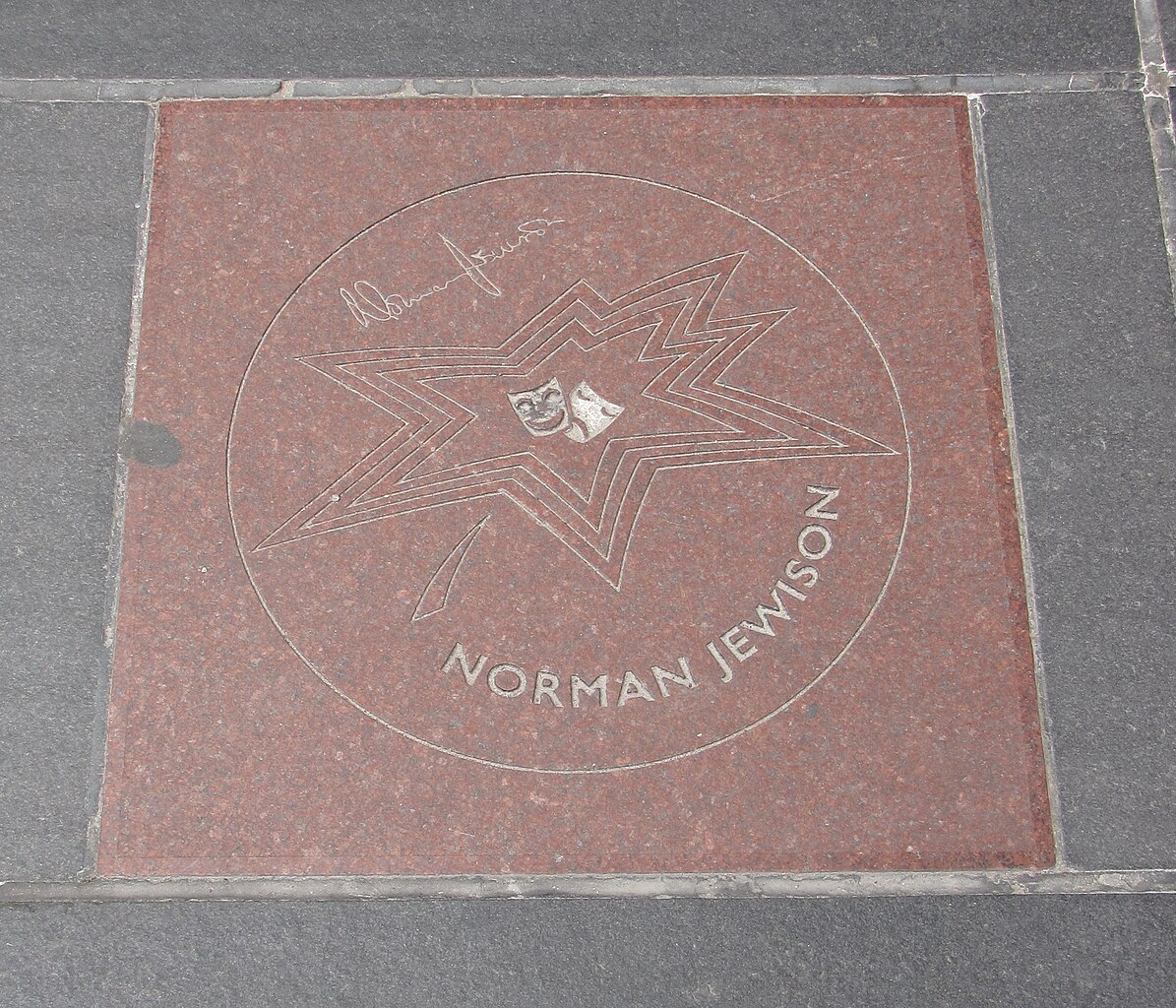Last week, Canada lost a towering figure not just in the industry of cinema, but in its history. Norman Jewison, who was born and raised in Toronto, has left an indelible mark on cinema with his rare gift as both an astute producer and virtuosic director, not to mention the fearless social messaging found in much of his work, which was often controversial for the time. Yet, in hindsight Jewison was simply a humanist ahead of his time in more ways than one.
Norman Jewison began as a producer and director in television in the 1950s, a medium in which he would sporadically work throughout the rest of his career, even producing the 53rd Academy Awards in 1981. However, film was his true calling and made his feature-length directorial debut with 1962’s 40 Pounds of Trouble, and between then and 1965 Jewison would direct a further four movies, including The Cincinnati Kid starring Steve McQueen, which some consider one of the best poker movies ever made. 1966 saw the release of Jewison’s first feature as both director and producer, The Russians Are Coming, the Russians Are Coming, and also earned him his first Academy Award nomination, in this case for Best Picture.
Sadly, Jewison was one of those filmmakers whose work was often nominated for awards, but rarely came away with one himself. By one estimate from Jewison himself, the filmmaker reckons his films have earned “about 46, or 47 nominations” at the Oscars, which is staggering, ultimately winning 12. His next directorial effort, In the Heat of the Night, released the following year in 1967, accounts for 5 of those wins, including Best Picture, and is rightfully considered a watershed moment in the cinematic depiction of race relations, as Sidney Poitier’s character, Detective Virgil Tibbs, not only opposed the racism perpetrated against him, but he famously slapped a white character in response to having been slapped himself, an act of rebellion which audiences at the time had never seen before from a black character.
Jewison would go on to also produce every film he would direct after In the Heat of the Night and proved to be an extremely versatile artist, having made comedies such as Gaily, Gaily (1969), Best Friends (1982), and the multi-Oscar-winning Moonstruck (1987), and dramas like …And Justice for All (1979), A Soldier’s Story (1984), and In Country (1989). He even made musical adaptations Fiddler on the Roof (1971), and Jesus Christ Superstar (1973), the former of which is to this day lauded as one of the greatest musicals in the history of cinema.
While there was a noted decline in both the quality and frequency of Jewison’s productions from the 1990s onwards, making his final movie The Statement in 2003, he never forgot the social values imbued in his films, particularly in his earlier career. Jewison proved as much with 1997’s The Hurricane, which I believe is one of the best sports dramas ever made. It’s based on the true story of Rubin “The Hurricane” Carter (portrayed by a scintillating Denzel Washington) who was potentially primed to be the next middleweight boxing champion, until being wrongfully convicted of murder and serving almost twenty years in prison before his eventual exoneration. The Hurricane was second-to-last movie Jewison ever made, who admitted in an interview that it’s the movie he is most proud of in his illustrious career, which is truly saying something.
Jewison retired in 2003, certainly having earned it with such an incomparable career whose influence is still felt in cinema today, both socially and creatively, with the Academy acknowledging as much by award him the Irving G. Thalberg Memorial Award for lifetime achievement in 1999, finally earning the Oscar that had always eluded him.
Norman Jewison passed away on January 20th in Los Angeles at the age of 97, and is survived by his wife, Lynne St. David-Jewison, and three children.

